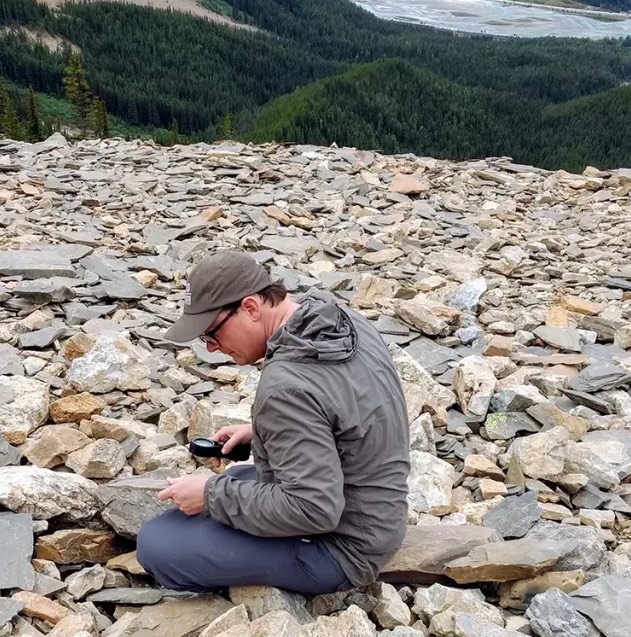Explore your planet and discover new ones
The Department of Earth, Environmental, and Planetary Sciences (EEPS) is uncovering Earth’s history, restoring our environment, and traveling the solar system. Our graduates become leaders that shape the future of the geosciences.
Events
More EEPS Events
News

Make an impact.
EEPS equips students with the knowledge and skills to learn from Earth’s history, solve today’s problems, and plan for the future. Our alumni work at the forefront of environmental sustainability and scientific exploration.

